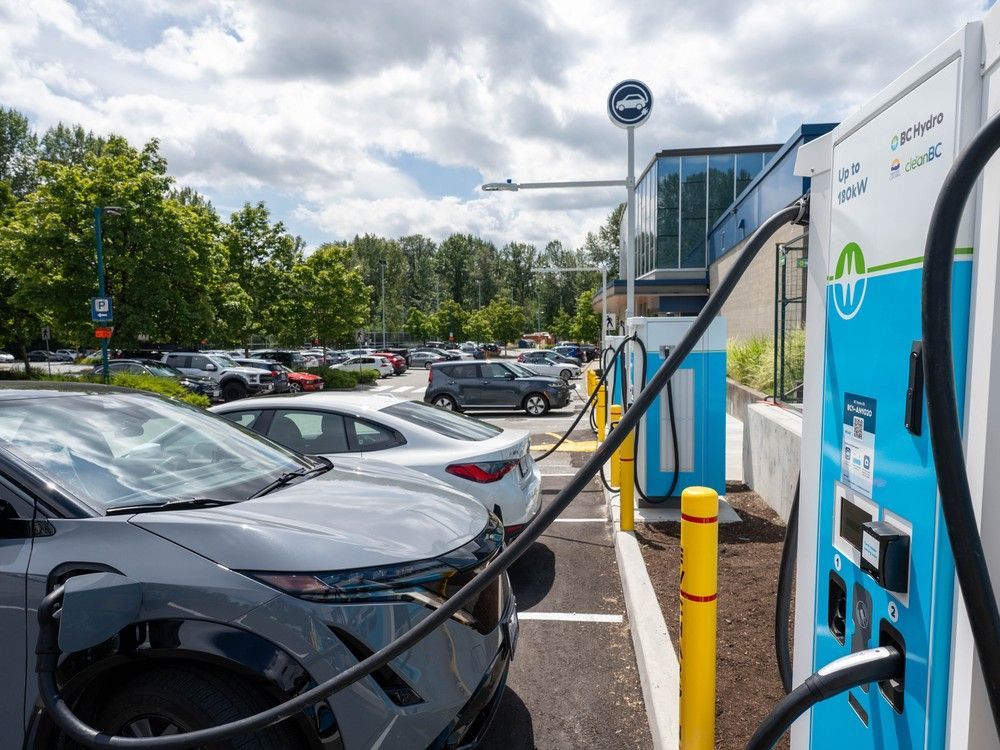Climate change is not merely an environmental issue; it is intricately linked to social inequality, as highlighted by climatologist Friederike Otto. In her new book, she argues that the severity of climate disasters is exacerbated by societal disparities in wealth and gender. Otto emphasizes that marginalized communities often bear the brunt of climate impacts, while wealthier individuals and nations contribute disproportionately to greenhouse gas emissions. This dynamic creates a vicious cycle where those least responsible for climate change suffer the most, raising critical questions about justice and equity in climate policy. The urgency of addressing these inequalities is paramount, as they not only hinder effective climate action but also threaten global stability and resilience in the face of escalating climate events.
Otto's insights suggest that tackling climate change requires a multifaceted approach that prioritizes equity alongside environmental sustainability. She advocates for policies that redistribute resources and empower vulnerable populations, arguing that inclusive decision-making can lead to more effective climate solutions. By addressing the root causes of inequality, societies can enhance their adaptive capacity and resilience to climate impacts. The implications of her work extend beyond environmental science; they challenge policymakers to rethink strategies that have historically overlooked social dimensions. Ultimately, Otto's perspective underscores that a just transition to a sustainable future is not only ethical but essential for mitigating the climate crisis effectively.








